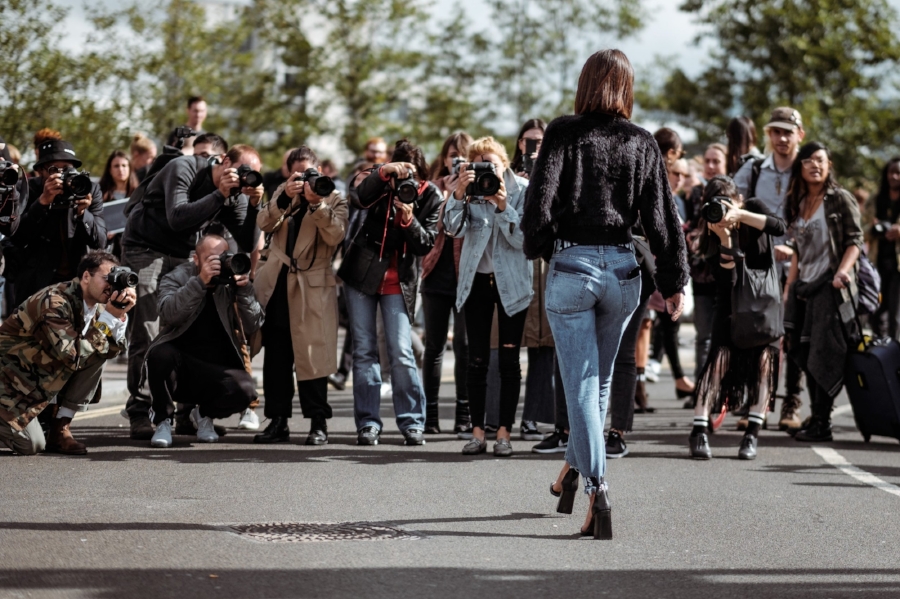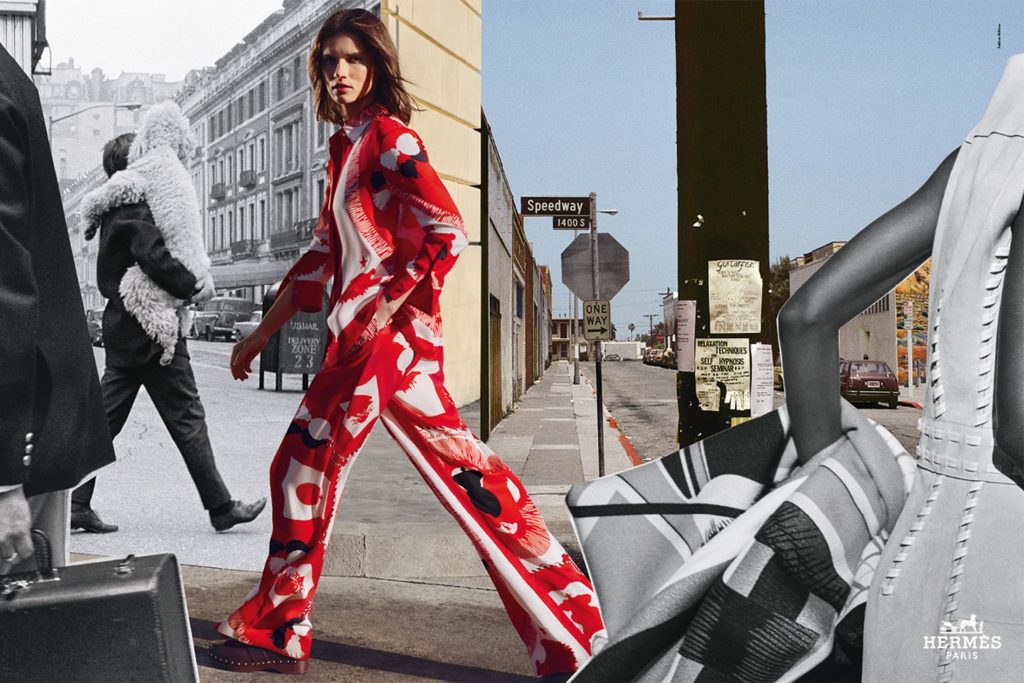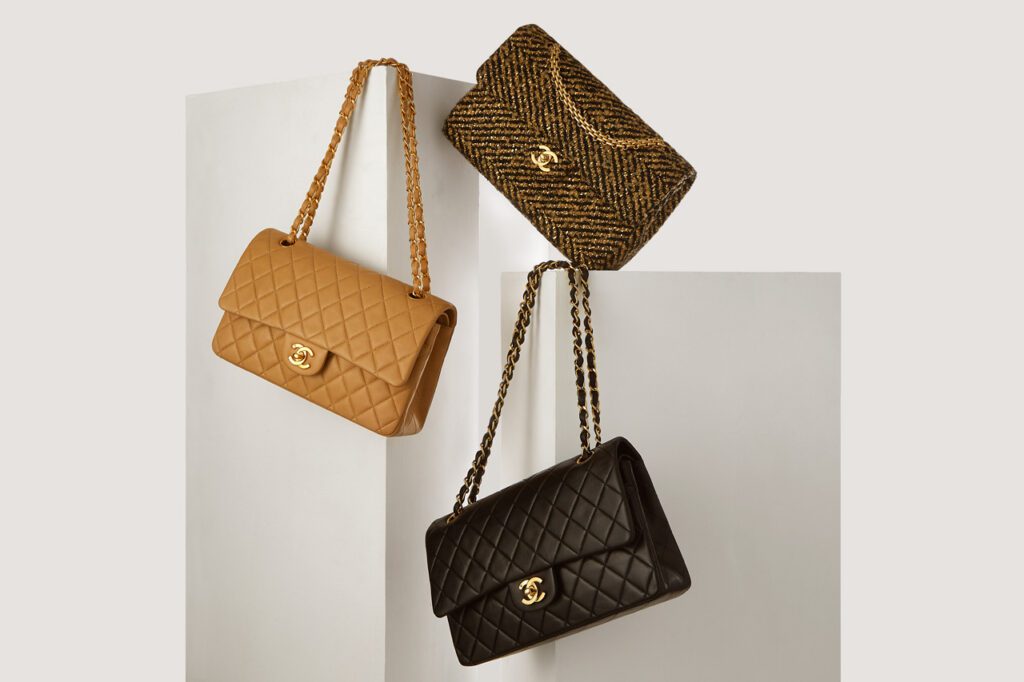With more than 80 percent of fashion, luxury, and beauty brands looking to influencers as a way to boost brand awareness and ideally, sales, 2018 was a significant year in the influencer marketing segment, not only in terms of the shifts that are underway (from brands looking to smaller – and sometimes computer generated – influencers to many mega-influencers opting to focus their endorsements on their own brands) but also in terms of the pushback that is coming in light of revelations of impropriety. Here are some of the key insights and developments from the past year …
1. How Influencers Turned Word-of-Mouth Marketing into a $1 Billion Digital Goldmine. What the most successful Instagram influencers are doing is not completely unheard of. In “surpassing friends and family as the primary source of fashion ideas and recommendations for millennial women,” according to recent research from Dealspotr, influencers derive most of their dominion from their ability to embody a modernized version of the traditional doctrine of word-of-mouth marketing.
2. From Fans to Nano Influencers, a Look at the Evolution of Influencer Marketing. Pay tens of thousands of dollars for a handful of big-name influencers to promote your products only to see a less-than-stunning return on investment? Some big-name brands are opting out are focusing, instead, on cost-efficient influencers such as those with roughly 1,000 followers, the latest “it” group of endorsers, called nano-influencers. Many brands, such as buzzy beauty brand Glossier, are also looking right under their noses to fans to help boost brand awareness.
3. Celebrities: The Risky Ambassadors that Fashion Brands Just Can’t Quit. Even if some brands are going smaller-scale, brands can’t resist a celebrity endorser. However, whether it be Johnny Depp or Kanye West, big-name influencers continue to pose very serious reputational risks to the brands they are associated with.
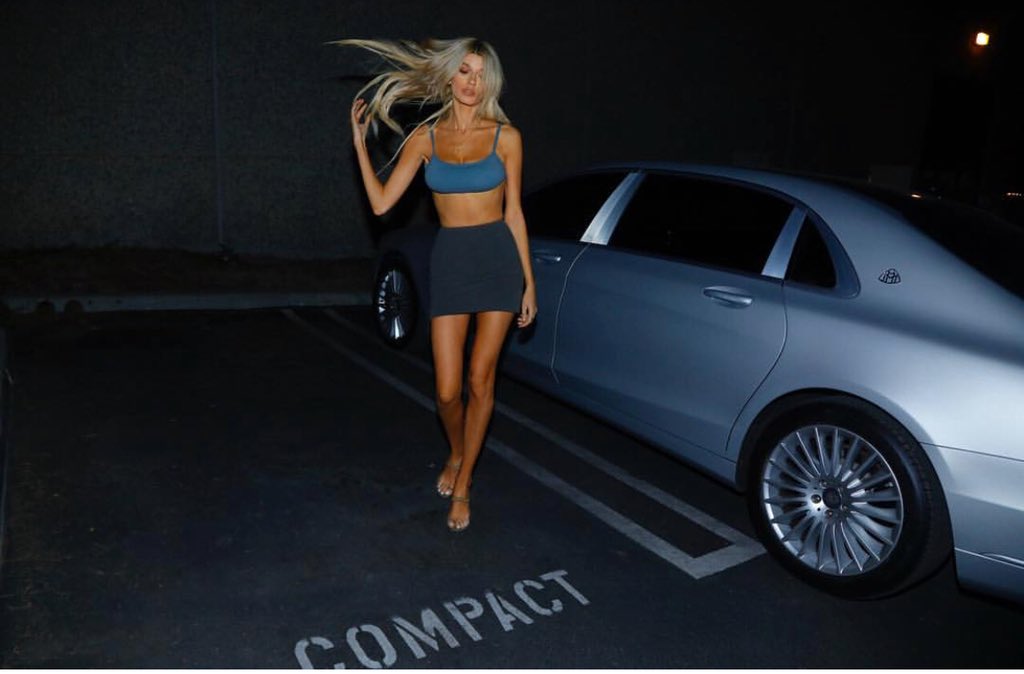 image: Yeezy
image: Yeezy
4. Is Kanye West’s #YeezySeason6 Campaign Illegal? Speaking of big-name influencers, Kanye West took Instagram by storm early this year with an Instagram-only ad campaign that featured images posed by Instagram models, influencers, and friends of the Kimye camp, all of which bore a striking resemblance to the paparazzi-style photographs starring Kim Kardashian that West released late last year to promote his Yeezy Season 6 collection. The problem? The campaign very clearly ran afoul of federal advertising laws.
5. Saturation, Foul Play, Paid-For Negative Reviews: Inside the Beauty Influence Industry. A “racketeering business.” An industry dependent on a massive but quiet pay-for-play scheme. Saturation, social climbers, and legal foul play abound. Individuals fear being blacklisted if they publish negative – but honest – product reviews, and at least some of the most heavily-followed figures are bringing in millions of dollars per year in connection with ambassadorships and sponsored Instagram and YouTube posts. This is all part of the reality of the beauty influence industry, according to a growing number of insiders who are speaking out.
6. Influencers Are Charging Over $70,000 for Fake Negative Reviews. Is that Legal? While posting merited and independent negative reviews is perfectly legal (in most cases), the posting of paid-for negative reviews is another matter, one that comes with specific legal concerns for all parties involved.
7. Fake Followers, Fraud, Huge Budgets Still Dominate the Influencer Marketing Sphere. Many brands’ collective failure to put precise measurement systems in place to gauge the specific return-on-investment for influencer marketing campaigns enabled many big-name influencers to land wildly lucrative deals without having to show precisely how effective their endorsements actually were.
8. Big-Name Influencers Pivot to Promote Their Own Brands. By way of #sponsored endorsements (and even unsponsored ones), Kim Kardashian has been extremely successful at boosting the bottom lines of brands that she does not own, or does not own in their entirety. That is changing for her – and many other mega-influencers. This shift in strategy is something that is underway in the fashion industry. While influencers have long been known to use their … well, influence … to boost the sales of third-party brands, they have started to pivot to a potentially much more lucrative space: One in which they use their selling-power for their own brands.
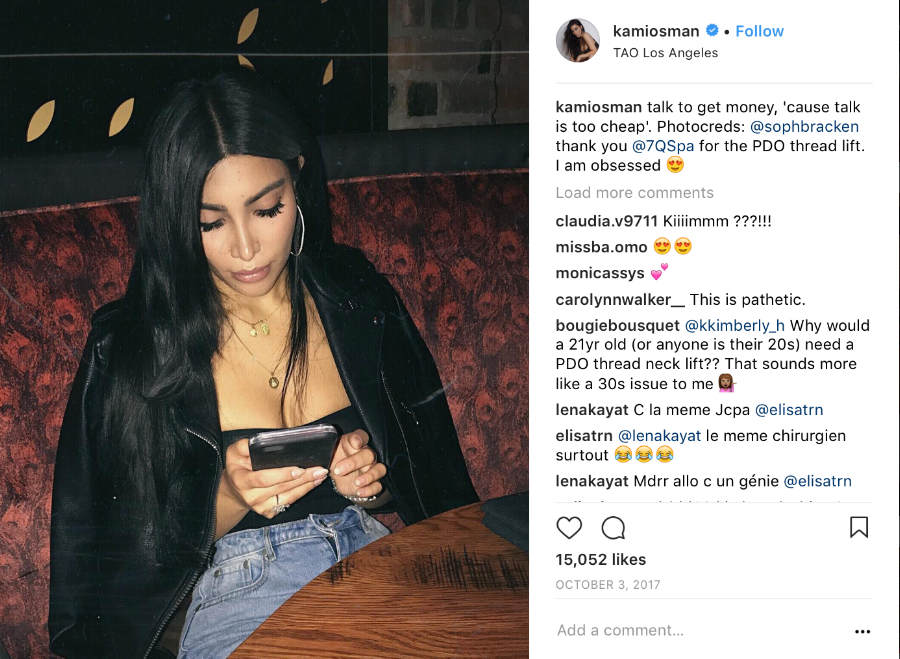
9. Kim K’s Klones: The Legality of the Lookalike Influencers and Their Budding Brands. A sizable “group of women, some now barely distinguishable from the real thing [i.e., Kim K], have become influencers in their own right who boast anywhere from 500,000 to one million followers on Instagram.” The question is: Is it legal for these women to profit from the fact that their look exactly like one of the world’s most sought-after celebs?
10. Refinery29 is Offering up its Editors as Influencers to Lure in Advertisers. Refinery29 is blurring the already hazy line between church and state when it comes to advertising. The 13-year old company has long partnered with fashion entities to provide them with branded content by way of its in-house content studio (a common industry money-maker), but the site is upping the ante and potentially crossing the line by combining the roles of the editorial and marketing staff, and “giving its editorial staff the chance to operate like influencers.”
11. Virtual Models/Influencers are Landing Major Jobs & Making Real Money in the Process. The technicalities of the existences of a growing group of computer generated influencers and models is not preventing them from building significant social media followings. It also is not stopping brands from clamoring over them, booking them for jobs (whether it be magazine covers, ad campaigns, or runway show appearances), and sending them gifts.
12. Luka Sabbat is Being Sued for Failing to Carry Out $60K Snap Spectacles Deal. This may be one of the first lawsuits filed against an influencer specifically for failing to uphold his end of an Instagram-specific promotion contract, but industry sources reveal that such breaches are commonplace among influencers and celebrities, alike.




